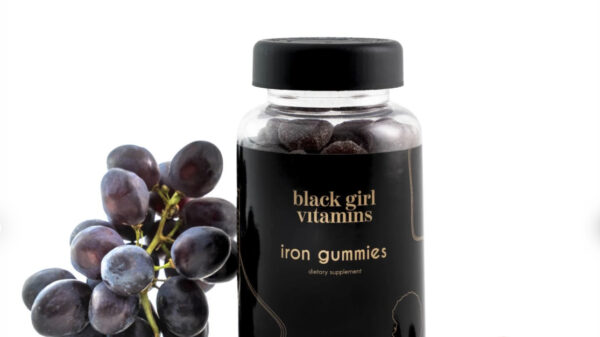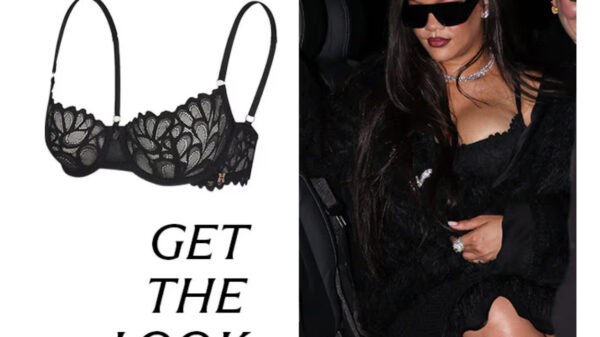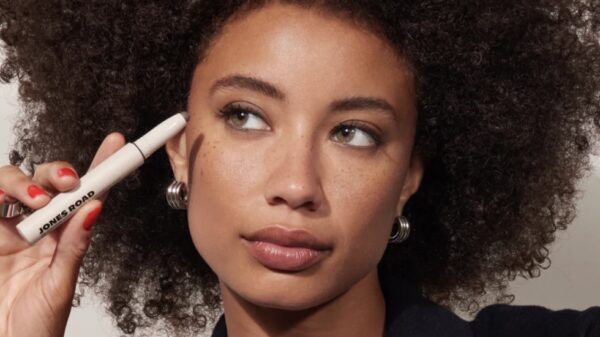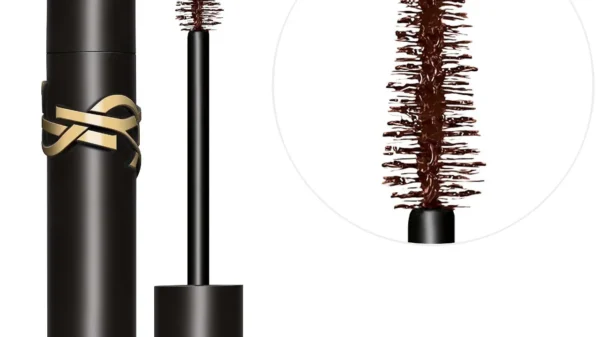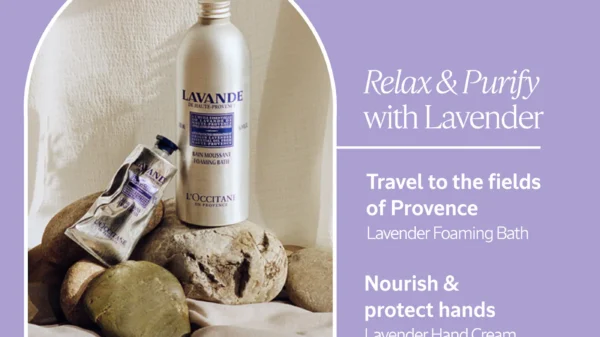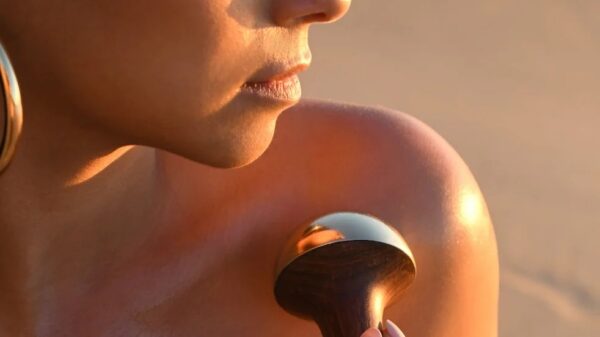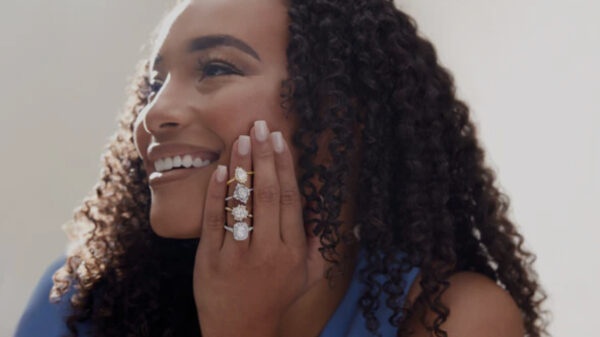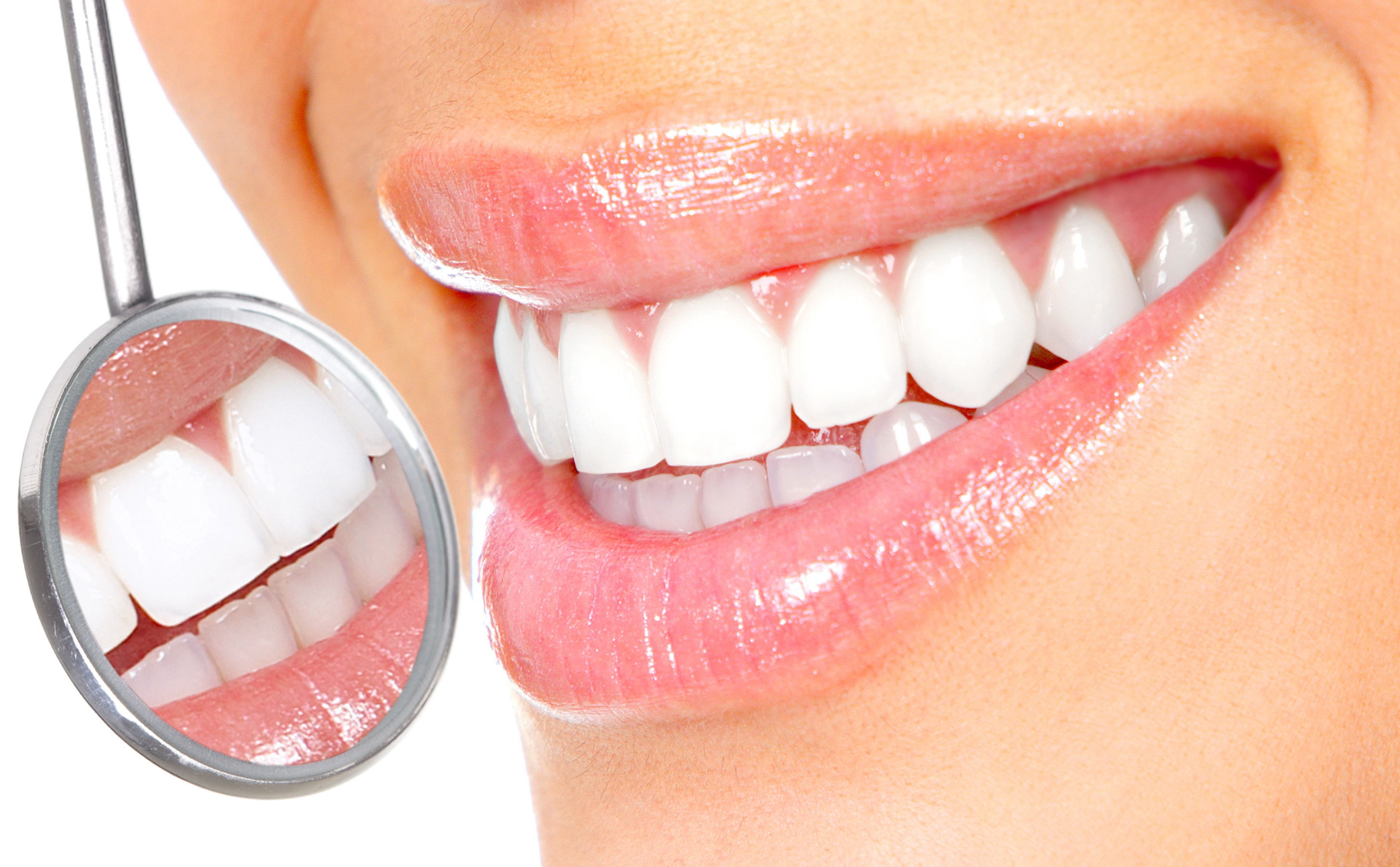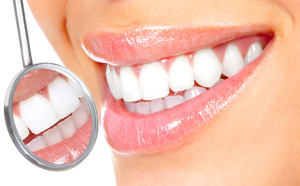How To Avoid Going Too Far When You Whiten Your Teeth. How your teeth look says a lot about you.
That’s why many people opt for teeth-whitening procedures at the dentist’s office or whitening strips that can be purchased for use at home.
They want a bright smile that can serve them well in a job interview, in meeting the opposite sex or just to impress the world in general.
But teeth whitening can also come with negatives.
For example, many people are choosing to ditch the strips, says Dr. Barry Bartusiak, who has lectured on dentistry throughout the country and formerly was dentist to the Pittsburgh Steelers.
“More recently, the concern has been, ‘Do my teeth look too white?’ Because that’s a dead giveaway that they’re unnaturally so,” he says. “Just as most people want hair coloring to look natural, folks also want their teeth to be a convincing shade of healthy white.”
So they are choosing natural ways to whiten their teeth, without drastic measures such as bleaching agents, which can strip the enamel that protects the sensitive core of the tooth from erosion.
“One alternative is a natural toothpaste that uses activated charcoal to whiten teeth, such as Black Is White, (www.curaprox.com),” Bartusiak says. “Activated charcoal has been a recent trend in skin care – since it’s proven to cleanse impurities – and has proven itself to be highly effective in dental care.”
Options to consider in the effort to rid your teeth of yellowish stains and return to a natural, brighter smile include:
• Strawberries and other fruit. Some foods can help whiten teeth. Strawberries, for example, contain acids that help break down stains. Apples and other fruit can do the same. The downside of this approach, though, is that fruit contains sugar and those acids also can erode the enamel if left on the teeth too long, so it’s still important to rinse and brush your teeth after eating them.
• Baking soda. One time-honored option for a toothpaste substitute is baking soda. Baking soda helps with whitening because it acts as a mild abrasive that can remove surface stains from teeth.
• Activated charcoal. It seems counterintuitive that something black like charcoal could whiten teeth, but it does, Bartusiak says. Activated charcoal (a treated and purified form of the charcoal used on grills) can absorb the stains on teeth. While some Americans have experimented with activated charcoal in a do-it-yourself way and reported their findings on the Internet, the Swiss company Curaprox has now introduced its Black Is White charcoal-activated toothpaste to the U.S. market.
“Having whiter teeth is important to a lot of people,” Bartusiak says. “But it’s also important to achieve that goal in a way that’s safe for your dental health.”
About Barry Bartusiak, DMD
Dr. Barry Bartusiak is a Fellow of The Academy of General Dentistry and five-time president of his local Dental Society. He was also a previous board member of the American Cancer Society and dentist to the Pittsburgh Steelers. Dr. Bartusiak is a “Hometown Hero” on local media station in Pittsburgh, a published author in the dental field and a national spokesman for Curaprox (www.curaprox.com).


